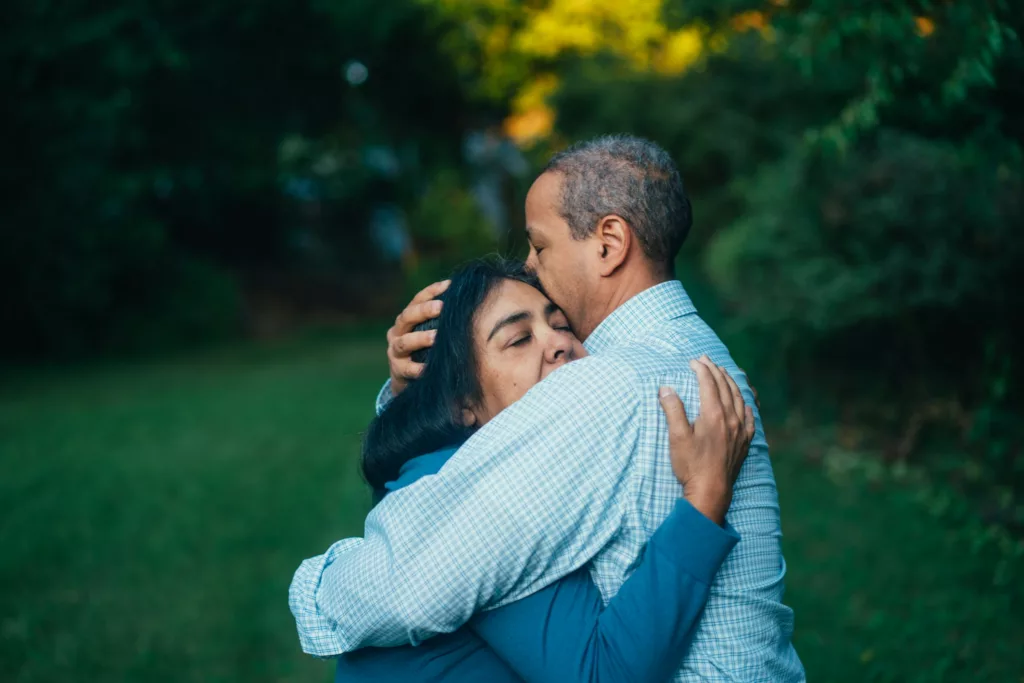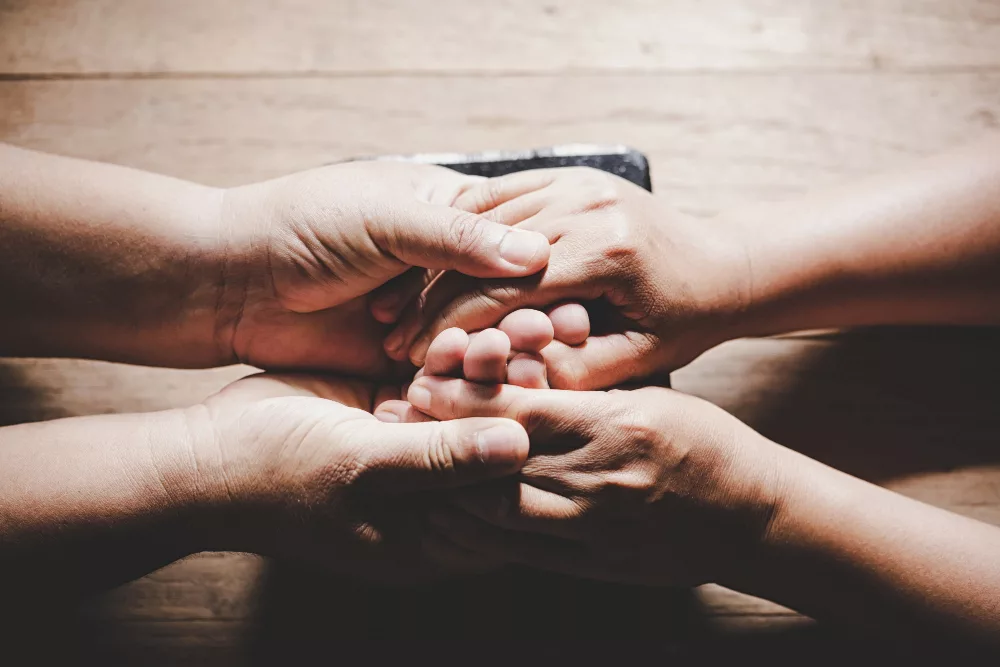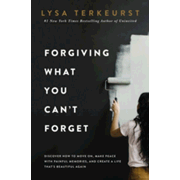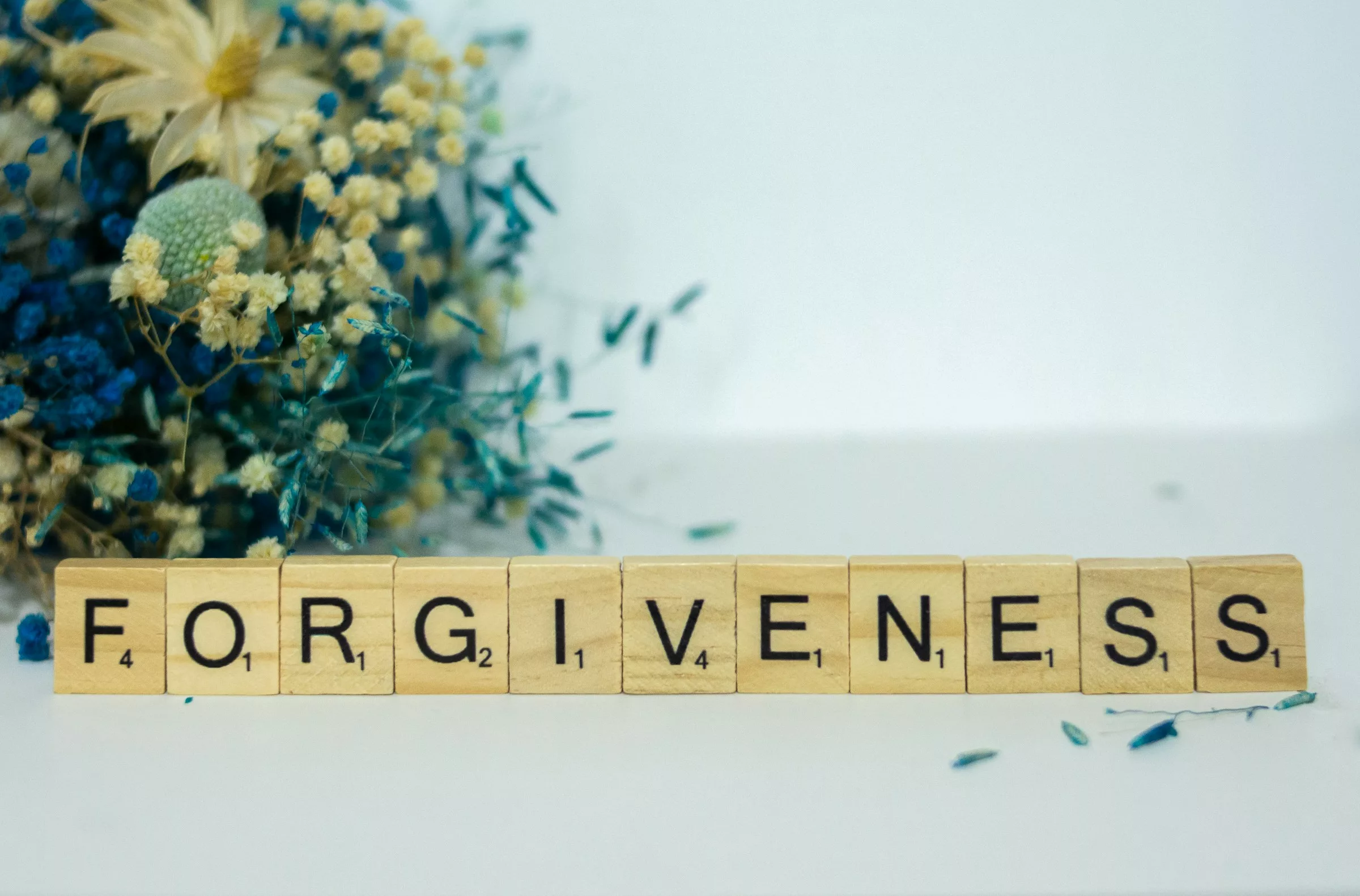
Chances are if you can read, you know what it’s like to struggle with resentment. You are not alone. It is a common human experience, but its impact on our lives can be profound. Essentially, resentment is a response to a perceived injustice – it’s that bitter indignation you feel when you believe you have been wronged in some way. While it is completely normal to feel upset or angry when faced with a difficult situation, resentment differs by lingering and often growing over time.
The real problem with resentment is that it ties you to the past. It’s like carrying around a heavy suitcase filled with all your grudges and negative emotions. Not only does it get exhausting, but it also keeps you from fully embracing the present and moving forward into a brighter future. Moreover, it often leads to a cycle of negative thinking that can take a serious toll on your mental health, potentially leading to issues like chronic stress, depression, and anxiety.
I’ve seen how holding onto resentment can shape a person’s life. When we cannot let go of our anger toward another person, it can consume our thoughts daily. In turn, resentment saps our energy and can potentially affect new relationships as we find it hard to trust again. It is like getting perpetually stuck, unable to find peace or happiness.
This isn’t just about carrying an emotional burden; it’s about recognizing that it’s holding you back from living a full and vibrant life. Jesus said he came that we might have life, and have it abundantly (John 10:10). Those were not empty words or a lofty, out-of-reach idea. Jesus meant that we can experience that kind of life right here and now.
If you are worrying about whether you can make that change, the truth is, you can’t, but God can absolutely transform your life by helping you learn to let go of resentment. That’s going to include understanding why it’s so critical for your well-being and discovering the pathways to forgiveness – and that’s exactly where we’re headed next.
The Journey to Forgiveness

I’m going to guide you through the transformative process of forgiving. This isn’t just about extending a metaphorical olive branch to someone else; it’s also about granting that same kindness to yourself. You’re going to find out about the practical steps you need to take on the path to forgiveness and the sustaining power of a forgiving mindset.
If you want to foster personal growth, recognizing the need to forgive is your starting point. It’s here that you acknowledge the pain caused by others, and perhaps the pain you’ve caused as well. This recognition isn’t about assigning blame or dwelling on the past—it’s about opening the door to healing.
Forgive is used over 140 times in the New Testament (over 600 in the Old Testament). It is fair to say that forgiveness is a pretty big deal to God. It is at the center of the gospel message. God has offered forgiveness for our sins through the sacrifice Jesus made on our behalf on the cross. There are numerous times when Jesus taught on the subject of forgiveness. One of the more famous instances comes from Matthew 18:21-35, where Peter asks Jesus how many times he must forgive his brother. He offered up his own answer, “up to seven times?” (which he may have thought was generous. But Jesus countered with his famous words, “I do not say to you seven times, but seventy times seven.” He then tells a parable about the unforgiving servant.
A refusal to forgive another for the wrong they have done you demonstrates how much you do not understand the forgiveness God has extended you. The debt that we owe God for our sins against him is massive compared to the sins committed against us by others. But just because we know this principle doesn’t mean it is easy to live this principle.
In my opinion, the most crucial step is the first step: acknowledge that forgiveness is the will of God. This means that in our obedience to his commands, forgiveness is necessary. This means practicing empathy, actively replacing negative thoughts with God’s truth, and being mindful not to slip into old patterns of resentment. Forgiveness is a journey as much as it is a destination.
The second step is to have a conversation. Whether it is you need to forgive someone else or you need to ask for forgiveness, do not wait for the other person to make the first move. It takes courage, but reach out and extend the olive branch. You are not responsible for how they respond, but you can find rest in knowing you have tried to meet them in the middle.
The Benefits of Forgiveness

Have you ever wondered if forgiving someone makes a difference, beyond just feeling like the ‘right thing to do’? Well, I can tell you, it does. Let’s talk about how letting go of anger and resentment is not just a lofty ideal, but a biblical path to better our overall health. The following are five benefits of forgiveness.
- Inner Peace – Forgiveness helps us achieve inner peace by letting go of grudges and grievances. We release pent-up emotions and anxieties that have a way of controlling us. When we choose forgiveness, we are freed from all the negative emotions that come with bitterness and resentment and can pursue the things that will add value to our lives.
- Healing – Choosing forgiveness leads to emotional, psychological, and even physical healing. Forgiveness can lower stress and blood pressure. It can increase energy levels. But its greater impact is in emotional and psychological healing as we release the burden of past hurts.
- Restoration of Relationships – This is at the center of forgiveness. The ultimate goal in extending forgiveness is the restoration of a relationship. This isn‘t about forgiving and forgetting; it’s about learning and growing from previous conflicts. Colossians 3:12–13 says, “Put on then, as God’s chosen ones, holy and beloved, compassionate hearts, kindness, humility, meekness, and patience, bearing with one another and, if one has a complaint against another, forgiving each other; as the Lord has forgiven you, so you also must forgive.”
- Freedom from Judgment – Forgiveness allows us to let go of revenge and judgment and puts justice into the hands of God. The apostle Paul says in Romans 12:19, “Beloved, never avenge yourselves, but leave it to the wrath of God, for it is written, “Vengeance is mine, I will repay, says the Lord.” So when we choose forgiveness, God, who knows all, will sort out justice on his terms.
- Spiritual Growth – Forgiveness is an act of obedience to God’s commands. If we want to progress in our relationship with God, there will come a point in which we will have to forgive someone. Again, the apostle Paul is helpful here. In Ephesians 4:32 he says, “Be kind to one another, tenderhearted, forgiving one another, as God in Christ forgave you.”
These are just some of the benefits of pursuing forgiveness. We can see that the inner peace, healing, restoration, freedom from judgment, and spiritual growth that come from forgiveness outweigh the fear, anxiety, stress, bitterness, and reluctance to trust others that come from harboring resentment.
A Story of Forgiveness
In 2019, my wife and I had been married for eight years. We struggled to have children and looked into alternatives like IVF and adoption. Until then, those options had not worked out. We were told it would be near impossible to conceive on our own. I was working through school and we never had the money or time to invest in planning for a child.
In February of that year, my cousin, who has been a drug addict most of her adult life, reached out to me and asked if we would consider adopting the baby she was pregnant with. The next day she moved to Louisiana with her boyfriend. We did not hear a word from her until the week before the day she was scheduled to deliver when she asked again if we would adopt her son. We said yes and spent the weekend preparing our home to bring home a newborn.
The day came. We had papers signed naming us as the adoptive parents. We picked my cousin up, took her to the hospital, and waited. The time came. My wife was present in the delivery room. We were there for every moment. The thing is, in Texas, a mother has 48 hours to change her mind about adoption, which she did.
The trouble was that my cousin tested positive for cocaine ten days before her delivery. In short, that means she wasn’t taking him home. It took some negotiating, but she ultimately decided to let him come home with us. That’s when CPS ran a background check and found a juvenile record I thought had been sealed. That barred me from foster care. To make a long story short, we were unable to keep him and we went home with nothing. We were gutted.
My cousin had the right to make the choice she did, but it hurt. We did everything to make this happen. We were the first to hold him. We named him. We provided all his care in the hospital. None of it mattered. It took a long time to feel normal again. In time, I chose to forgive my cousin for changing her mind. It had been the closest we had ever come to having a child. But choosing forgiveness meant I could move past the pain and harbor no resentment. I have joy and peace. Forgiveness is greater than resentment.
Living a Forgiving Life Within the Community

The choice to forgive can ripple out to create substantial change in the broader community. By fostering an environment where forgiveness is valued, we can strengthen the bond within our churches and families that can also flow out to our workplaces and neighborhoods.
The daily practices of forgiveness can transform not only personal relationships but also contribute to building a more compassionate society. Moreover, a forgiving community is one where people are empowered to make amends and rebuild trust. Forgiveness is at the heart of the gospel. God has forgiven us and we in turn are to forgive others.
I really hope that having read this, you will be inspired to choose forgiveness. It requires courage, patience, and endurance. Together we can cultivate a healthier, more supportive community. Ultimately, living a life of forgiveness is about nurturing a legacy of peace that can be handed down through generations.
If you are wrestling with letting go of resentment, I would like to recommend a book to you. In “Forgiving What You Can’t Forget,” Lysa TerKeurst compassionately guides readers through the transformative journey of forgiveness, drawing from her own experiences to offer profound insights and practical strategies for releasing the grip of past hurts and reclaiming peace. With heartfelt storytelling and clarity, TerKeurst demonstrates that forgiveness is not merely about letting go of resentment, but also about reclaiming power and finding freedom from the burdens of the past. Whether you’re grappling with deep wounds or seeking to cultivate a more forgiving heart, this book serves as an invaluable companion on the path toward healing and restoration, empowering readers to create a life that’s beautiful again.
 |
Forgiving What You Can’t Forget: Discover How to Move On, Make Peace with Painful Memories, and Create a Life That’s Beautiful Again By Lysa TerKeurst / Thomas Nelson |


“I really hope having read this, you will be inspired to choose forgiveness.”
Amen and I hope so too, God knows I fail!
Good stuff! I don’t know if people’s attitudes are different than they were 40 years ago (I wasn’t here!) but in our broken and fractured world forgiveness is radical. The world (and me) need Jesus.